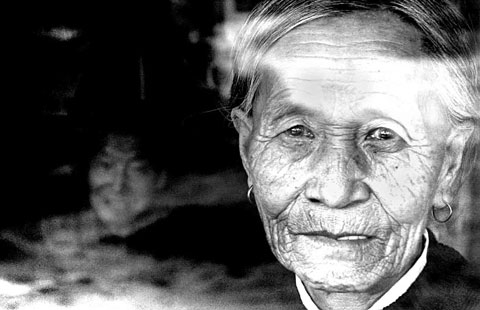China a World Cup winner? What a bunch of Brazuca!
By Xin Zhiming (chinadaily.com.cn) Updated: 2014-06-25 14:25For Chinese soccer fans, the possibility remains desperately slim for their men’s team to appear in the World Cup finals in any foreseeable years to come.
There is a joke that best illustrates such anticipated hopelessness: A fairy appears in China and promises one wish. Some people ask, “Can you kindly make the world peaceful and free of wars?”
The fairy seems fairly embarrassed and does not respond. Then some soccer fans ask, “Can you kindly send our men’s soccer team into the World Cup finals?”
The fairy says, “Well, let’s talk about world peace!”
Although the Chinese national team has failed to play in the soccer World Cup finals in Brazil — and they are not expected to make it any time soon — Chinese businesses have taken advantage of the extravaganza to make big money at least seemingly “big”.
A number of Chinese enterprises have pitched in for World Cup-related business. For example, the leading renewable energy firm Yingli Green Energy Holding Co Ltd, an official secondary World Cup sponsor, installed solar panels in some stadiums for the event.
Like other big companies, such as McDonald’s and Visa, Yingli’s name is displayed pitch-side during all the matches.
Broadcasting companies also reaped great benefits from advertising revenues during the World Cup finals. China’s major video website, Leshi, may see its advertising revenues hit $16 million and China Central Television, which has the exclusive right to broadcast World Cup matches in Chinese mainland, is expected to have its earnings surge by 50 percent compared with four years ago to hit $240 million this summer, according to investment research company Zacks.
Chinese companies have also been busy producing authorized products, such as the official match ball, named Brazuca, and countless commodities and souvenirs, such as mascots and national flags.











